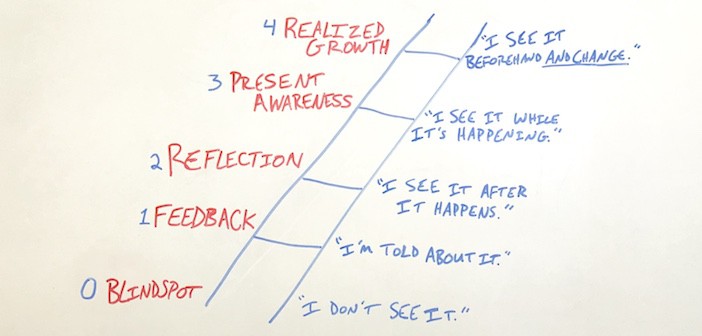As a transplant to Atlanta, I enjoy visiting the different “touristy” spots to learn more about the city. Historical sites in particular catch my attention. At one of the first museums I visited, I took the chance to watch the “feature film”. (Yep. I”m the guy who watches those 20 minute black-and-white documentaries with voiceovers by actors only your grandmother has heard of.) Before playing the movie, the museum attendant hinted at the torn seats, worn out carpet, and outdated drapes in the theater. She went on to say that, “This decor is a part of what we call, “managing customer expectations.”” In a slightly witty way, she clued us in on the fact that the film was not going to have the latest special effects, wowing action, or an incredible soundtrack. Compared to the latest blockbusters, this one would be considered a flop. Rather than presenting the movie as something it is not, she emphasized its strength: the historical information about an event that significantly impacted our city.
.
On regular occasion, every church is faced with the opportunity to manage (or mismanage) “customer” expectations. I fear that too often we forsake our strengths and misrepresent ourselves based on a self-imposed standard of what our church experience is “supposed” to be like.
.
//”Relevant churches have rock music, so we need to put a picture of a guitar on our website.”
When in reality, it”s not even turned up in the sound mix.
.
//”Seeker-sensitive churches dress casually, so we must tell people to ‘come as they are’.”
When in reality, everyone wears full suits and dresses.
.
//”Relational churches have small groups, so we have to present our Sunday School classes as highly conversational.”
When in reality, most teachers are lecturing with a podium and PowerPoint.
.
The problem with sending a message different from reality is that we create a set of expectations that we are unequipped to meet. Those unmet expectations quickly lead to disappointment. (I”ve heard plenty of stories from individuals who received one impression from a church’s website, only to be let-down by a visit to a service.) Rather than trying to sell what we are not, we need to identify our strengths and communicate the true value we offer to Christ’s seekers and followers. Maybe it”s not rock music, but a choir that embodies communal worship. Maybe not casual dress, but people who genuinely enjoy taking a guest out to lunch. Maybe not small groups, but unmatched learning opportunities that enrich personal conversations.
.
Because of a transparent museum attendant, I hung on to every word of an otherwise terrible film and gained a whole new perspective on my city. Communicating realistic expectations does not reduce your marketability; it points people”s attention to your most marketable traits. Whatever your church”s strengths, identify and present them. Create expectations for the experiences that you can deliver every time with life-changing quality.
.
—
If you’re looking to identify your organization’s strengths, Will Mancini’s,
Church Unique outlines an incredible discovery and development process for any leadership team. Having recently read it, I”ll be sharing my personal highlights here on Friday…




2 Comments